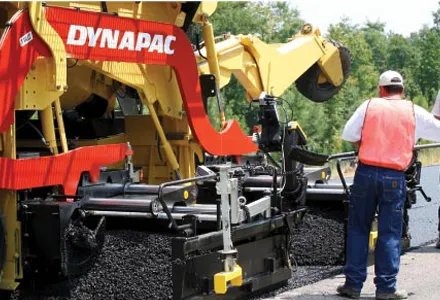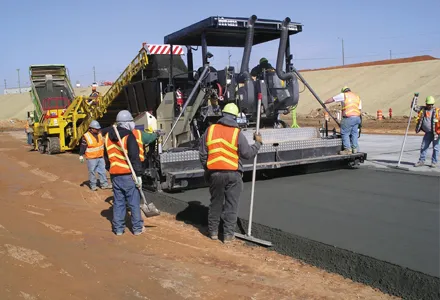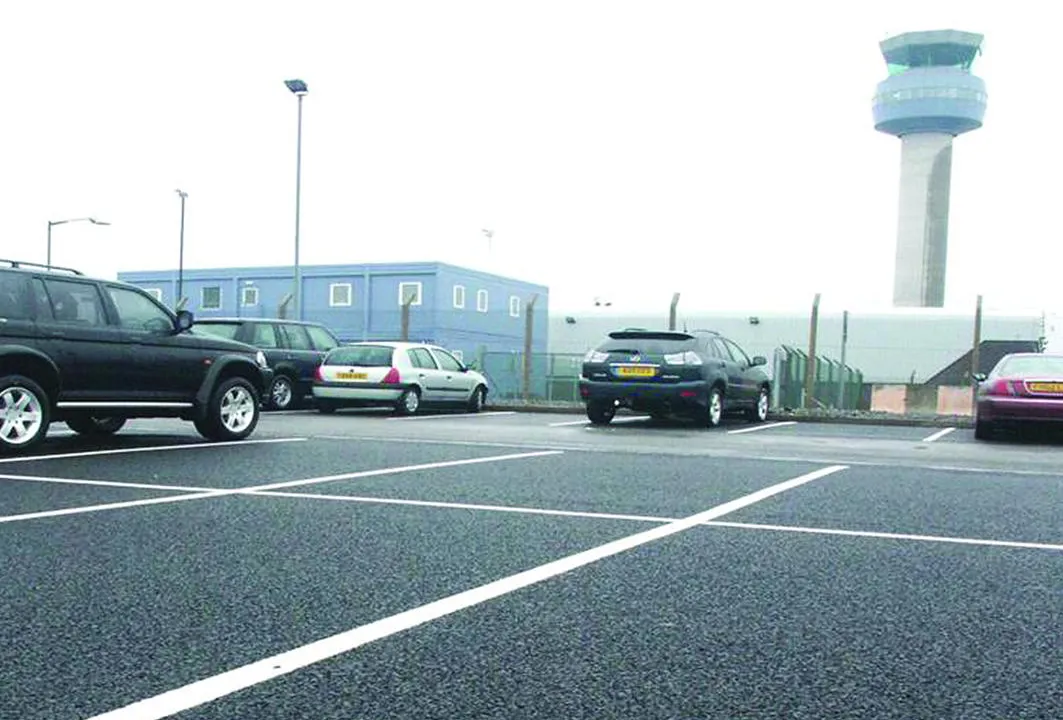An asphalt paver from Volvo CE has helped to improve the transport network in Central Sulawesi in Indonesia. The local road contractor PT Sapta Unggul is relying on a ABG5820 paver from Volvo Construction Equipment to make the roads safer and more accessible in Palu. Since 2016, the ABG5820 has been used to pave a number of key roads across the region.
The machine has played a more important role recently. Palu, Central Sulawesi, was hit with a 7.5 magnitude quake that affected millions and killed thousands of people, along with damaging homes and infrastructure. Originally on site to support the Indonesian government’s effort to improve the transport network in Palu, an ABG5820 tracked paver from 7659 Volvo Construction Equipment (Volvo CE) is now being used to help rebuild roads. To help with relief efforts, Volvo CE’s parent company, the Volvo Group has donated US$50,000 to UNICEF. As part of the effort to improve road conditions in Palu and the rural surrounding areas, road contractor PT Sapta Unggul is using the ABG5820 tracked paver to lay asphalt for new road surfaces. The paver works between 8-10 hours/day and has already paved 124km of road in the region.
PT Sapta Unggul purchased the ABG5820 paver from PT Intraco Penta Prima Servis (IPPS), Volvo CE’s distribution partner for the Sulawesi region. PT Sapta Unggul owns a fleet of over 50 heavy construction machines, including five machines from Volvo CE: an ABG5820 paver, an SD110B soil compactor and three EC55B compact excavators.










